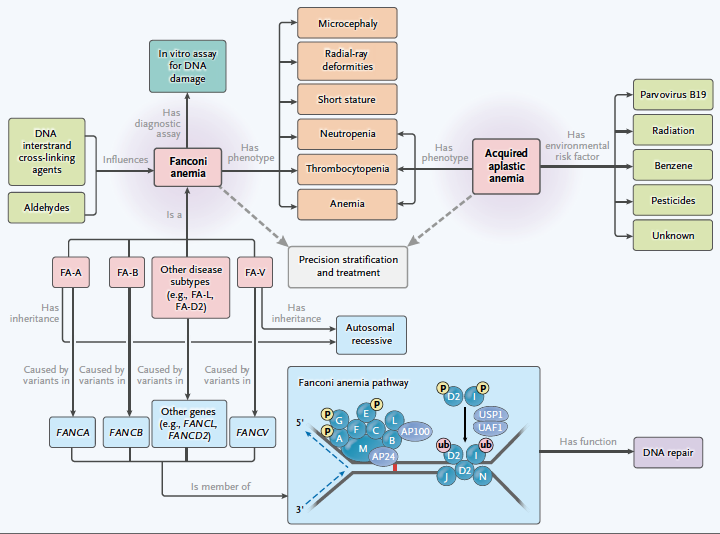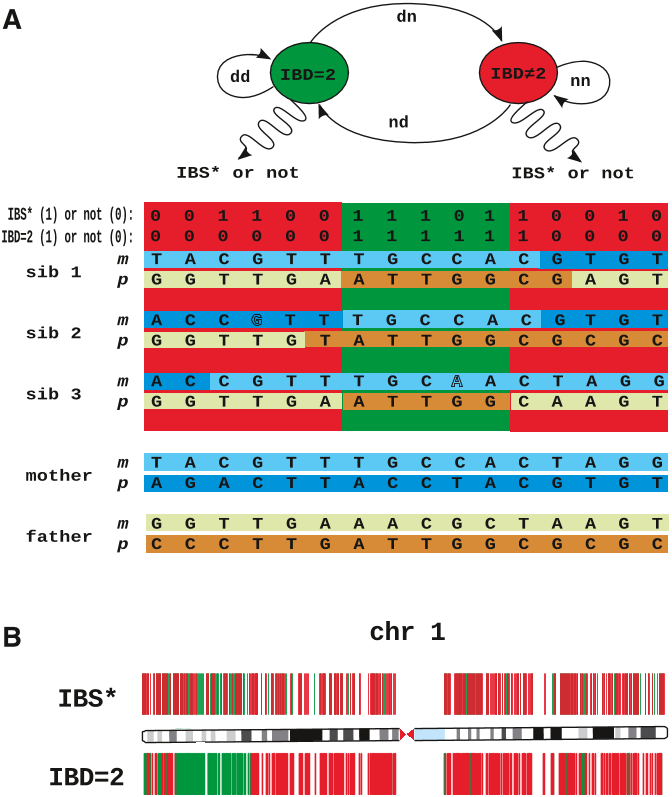The Robinson Lab
Our lab is made up of bioinformaticians, computer scientists, ontologists, curators, and software engineers. Our mission is to develop software resources and algorithms to improve human health. Our research focuses on the development of ontologies and software for translational genomics.
The Robinson Lab started at the Charité – Universitätsmedizin Berlin and moved to the Jackson Laboratory (JAX) for Genomic Medicine in 2016. In January 2024, we moved to the Berlin Institute of Health (BIH) at Charité in Berlin. In the framework of an Alexander von Humboldt Professorship, we are setting up a new research group in Berlin and are hiring. Our Lab will be retaining an affiliation with JAX and some group members are working remotely in the US.

Research
We have a focus on ontologies, which are an important kind of computational knowledge representation, a field of artificial intelligence that represents domain knowledge in a form that computer algorithms can leverage to perform complex tasks. We develop algorithms that leverage ontologies, statistical, semantic, Bayesian, and machine-learning methologies in innovative ways to address challenges in rare-disease and precision medicine. The focus of the research is both on the development of new AI algorithms and their application to medical data.
Ontologies
A major focus of the lab is to create ontologies for representing and analyzing medical data. Ontologies allow clinical data to be modeled computationally in a way that enables differential diagnostic support and machine learning.

Our group has created the Human Phenotype Ontology and the Medical Action Ontology and has led the development of the Phenopacket Schema for the Global Alliance for Genomics and Health. Our work is performed as part of the Monarch Initiative, and international team of ontologiests and bioinformaticians dedicated to applying ontologies and semantic algorithms to improve human health.
Translational and Genomic Bioinformatics
Our group creates algorithms for translational and genomic research. Topics include diagnostic exome and genome sequencing, analysis of genomic data from RNA-seq, ChIP-seq, and Hi-C, and machine learning. Although our focus has been on rare genetic disease, current projects involve common diseases and cancer.
